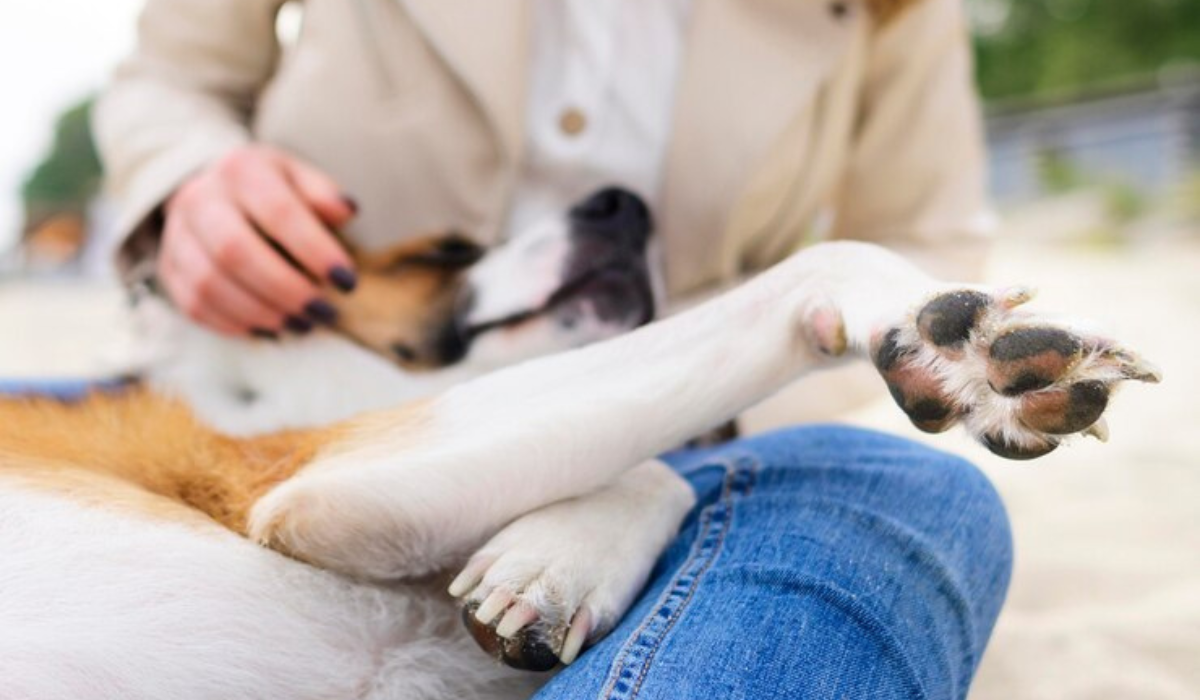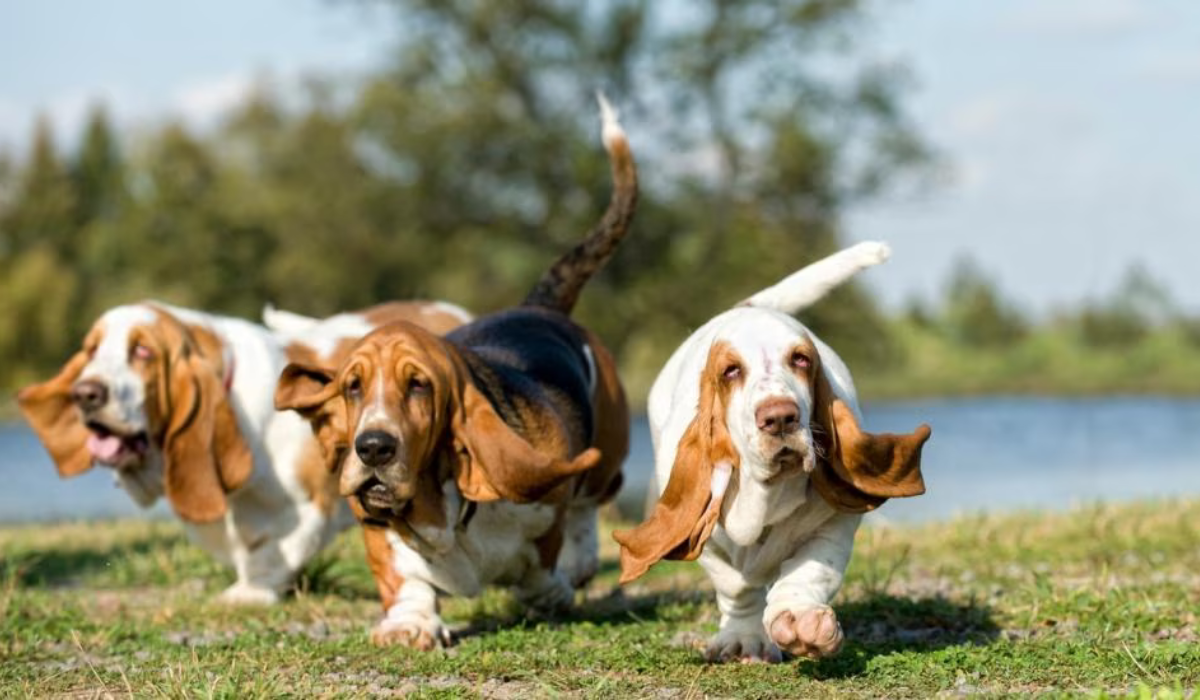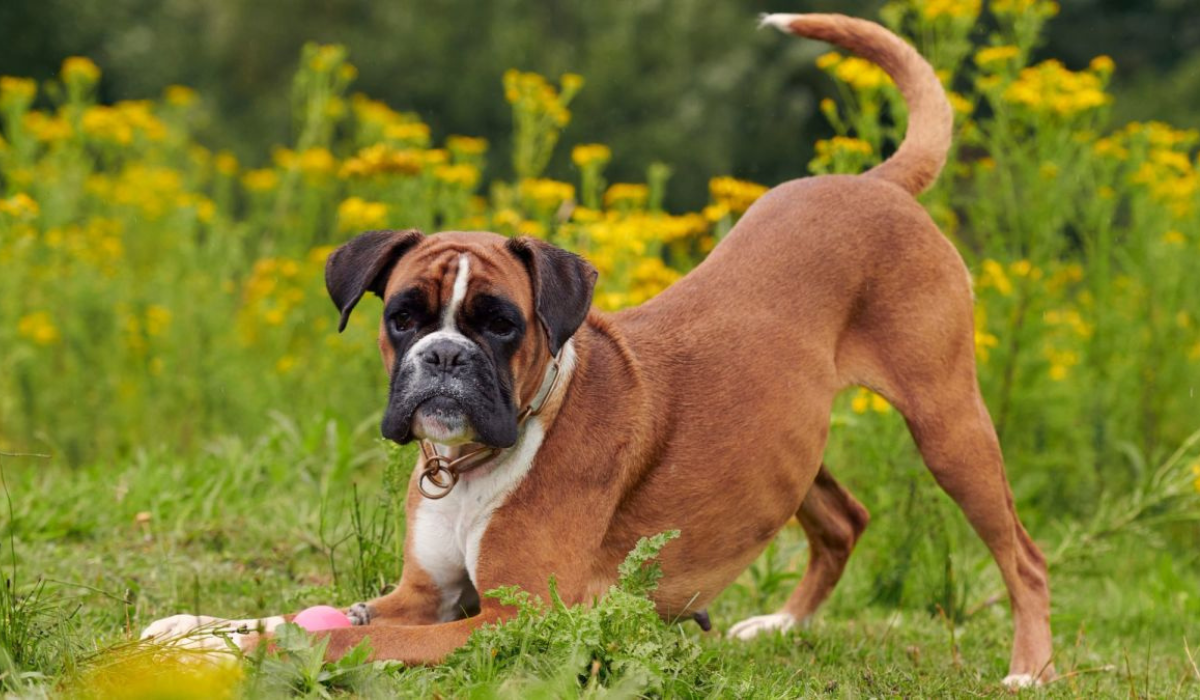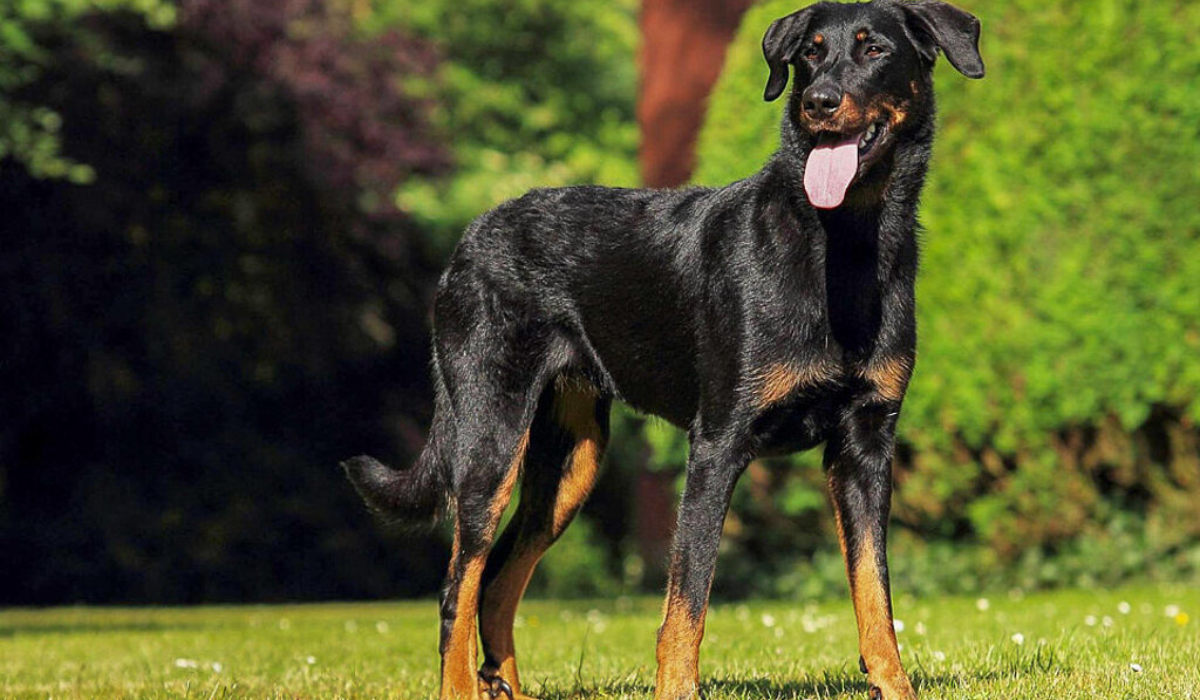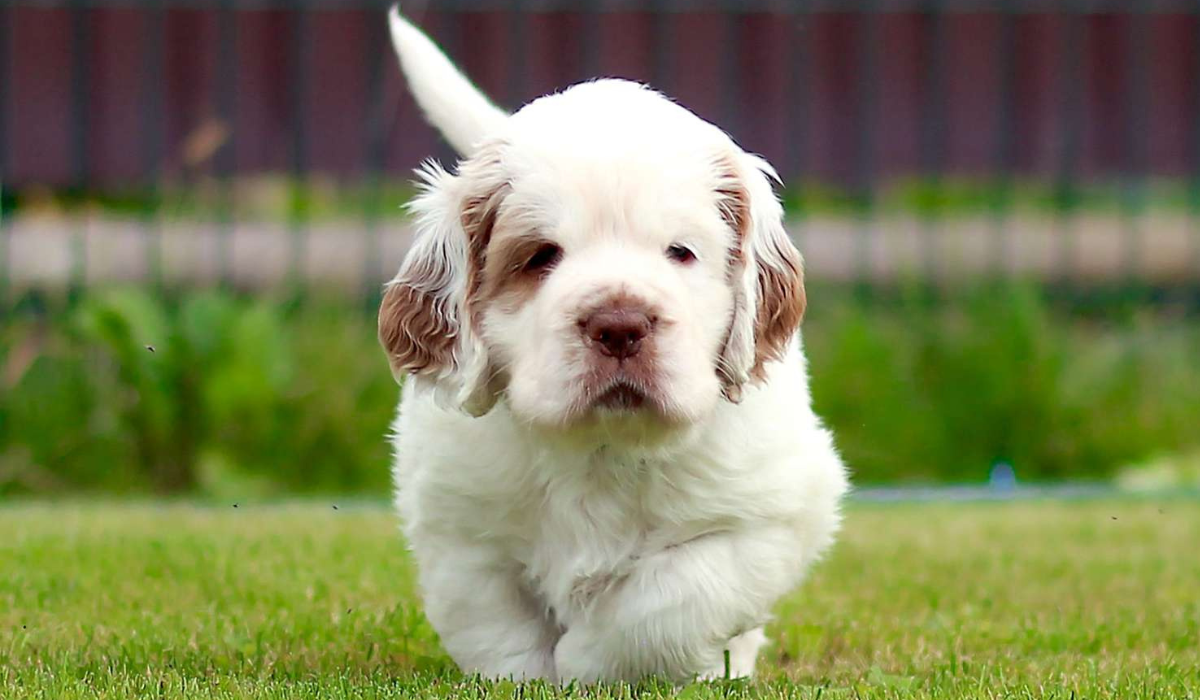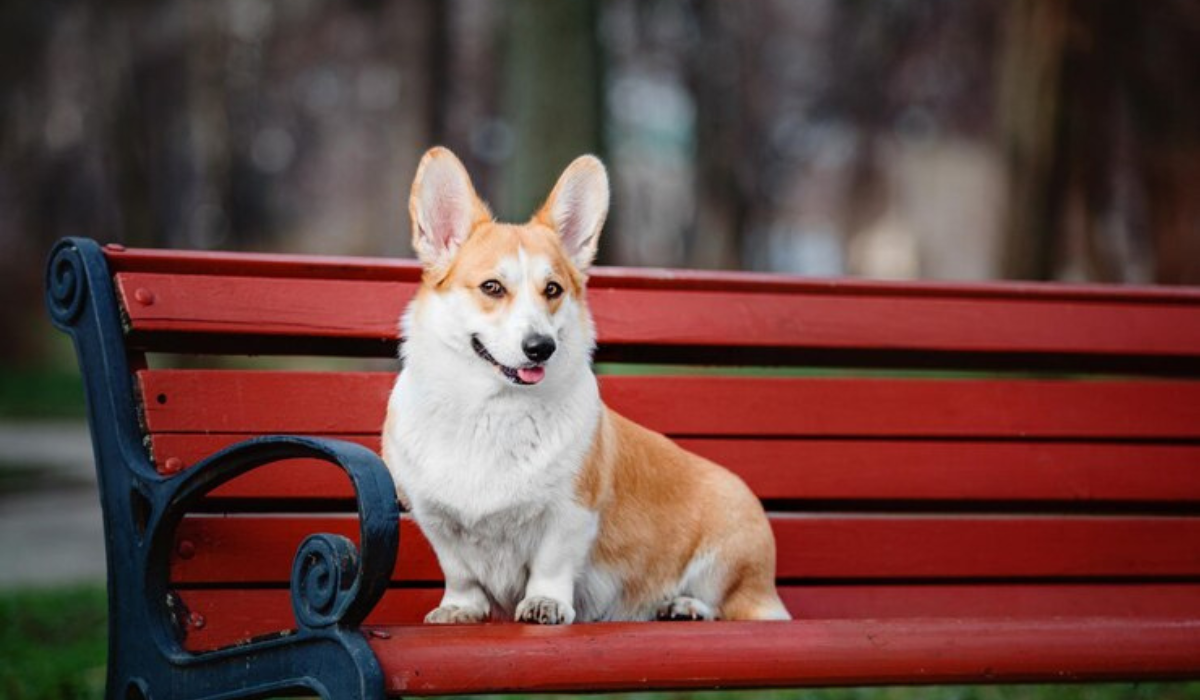Known for its endearing traits and exceptional scenting abilities, the Basset Hound is an iconic breed with long ears, soulful eyes, and a distinctive droopy appearance. A balanced evaluation of the pros and cons of this lovable and laid-back breed will be discussed in this article, from its historical origins to key features.
The Basset Hound’s characteristics are as follows:
Basset Hounds are sturdy and strong breeds, ranging in size from medium to large. Males generally stand between 12 and 15 inches at the shoulder and weigh between 40 and 65 pounds, while females are slightly smaller. Besides its long, drooping ears and expressive eyes, the breed is distinguished by its loose, elastic skin that creates charming wrinkles. Colors of their short coats vary, with black, white, and tan being the most prevalent.
The history:
The Basset Hound has its roots in France, where they were developed by crossing French and English breeds with excellent scenting abilities in the late 19th century. “Basset” refers to the breed’s short stature and is derived from the French word “bas,” meaning low. Due to its keen sense of smell and slow, deliberate pace, the Basset Hound was originally bred to hunt small game, namely rabbits and hares. The gentle temperament of these animals and their distinctive appearance made them popular pets over time.
Features include:
Among the best breeds in terms of olfactory abilities, Basset Hounds are known for their exceptional sense of smell. As a result, they are effective trackers and scent hounds.
Gentle nature: Basset Hounds are known for their gentle and calm demeanor. Their families are important to them, and they are typically good-natured and affectionate.
Their distinctive appearance is characterized by low-slung bodies, droopy ears, and soulful eyes.
Adaptation to weather changes:
Short, dense coats provide some protection from changing weather conditions for Basset Hounds. However, caution should be exercised in extreme temperatures, both hot and cold. Although endearing, their droopy ears can also make them susceptible to ear infections, so regular cleaning and inspection are recommended.
A Basset Hound’s pros include:
-
They make excellent family companions due to their affectionate and laid-back nature.
-
As a result of their short coat, they require little grooming, which saves them a lot of time and effort.
-
The Basset Hound excels at scent-related activities, making them an excellent partner for nose work or tracking exercises.
-
Children like Basset Hounds because they are patient and gentle.
A Basset Hound’s cons include:
-
During training, Basset Hounds can be stubborn and independent, which may pose challenges.
-
Even though Basset Hounds are not overly active, they still need regular exercise to maintain a healthy weight.
-
The Basset Hound is prone to obesity due to its love for food and sedentary nature.
-
They will require regular cleaning and inspection of their droopy ears to prevent ear infections.
Basset Hounds are unique and lovable breeds that bring charm and companionship to households around the world. Families who appreciate their laid-back temperament and are prepared to provide this breed with the care and attention it deserves will enjoy their distinctive appearance, gentle nature, and exceptional scenting ability. Ownership, regular veterinary care, and a commitment to meeting their needs ensure a happy and harmonious relationship.



